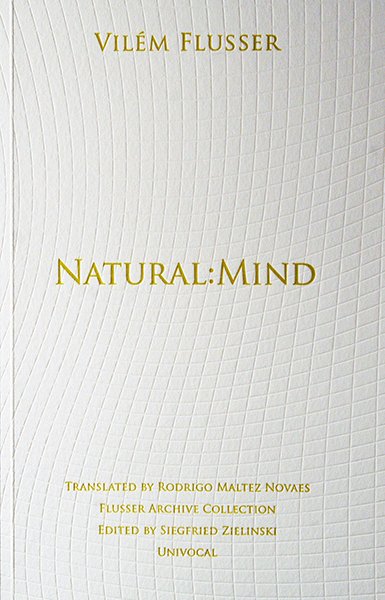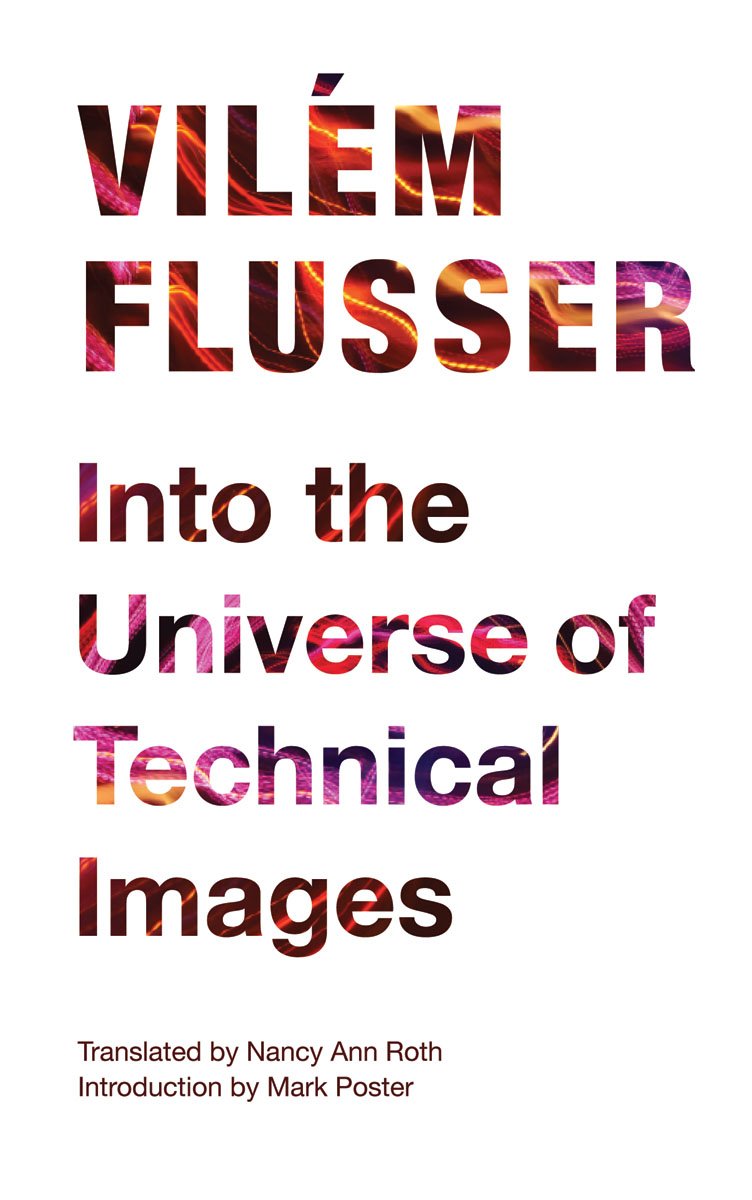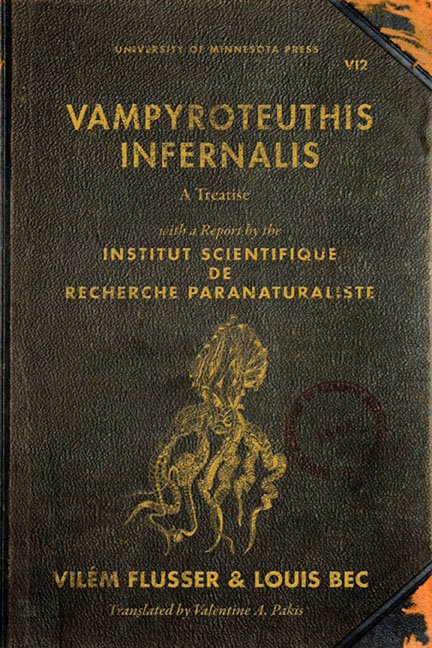Natural
Mind

In "Natural: Mind," published for the first time in Sao Paulo, Brazil, in 1979, Vilem Flusser investigates the paradoxical connection between the concepts of nature and culture through a lively para-phenomenological analysis of natural and cultural phenomena. Can culture be considered natural and nature cultural? If culture is our natural habitat then do we not inhabit nature? These are only some of the questions that are raised in "Natural: Mind" in order to examine our continual redefinition of both terms and what that means for us existentially.
Always applying his fluid and imagistic Husserlian style of phenomenology, Flusser explores different perspectives and relations of items from everyday life. The book is composed of a series of essays based on close observations of familiar objects such as paths, valleys, cows, meadows, trees, fingers, grass, the moon, and buttons. By focusing on things we mostly take for granted, he manages not only to reveal some aspects of their real and obscured nature but also to radically change how we look at them. The ordinary cow will never be seen in the same way again.

Vilém Flusser (1920–1991) was born in Prague, emigrated to Brazil, and later adopted a stateless position in defining himself as a “citizen of the World.” From this groundless frame of reference, Flusser advanced his dialogic philosophy in several languages and is increasingly recognized as one of the most influential thinkers of digital and global culture.



